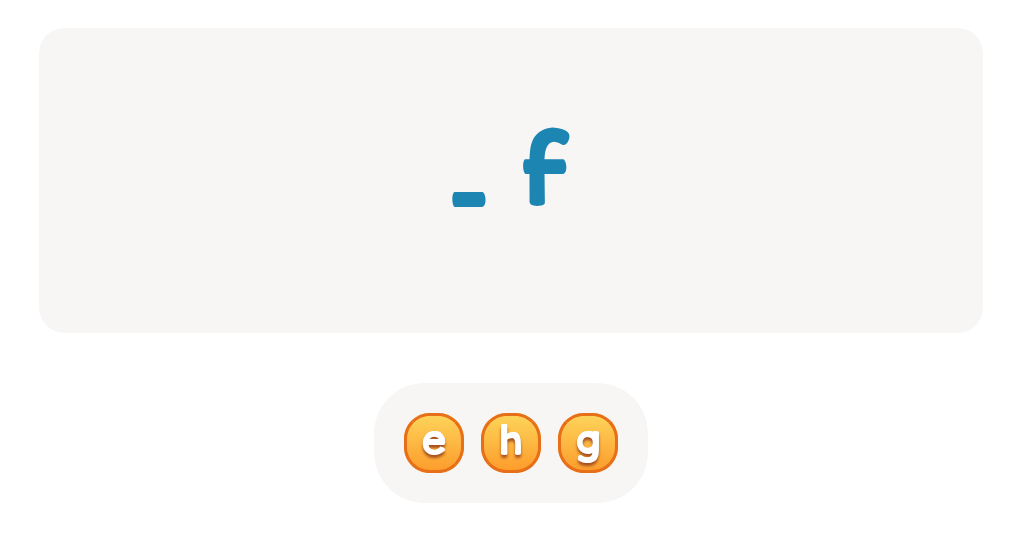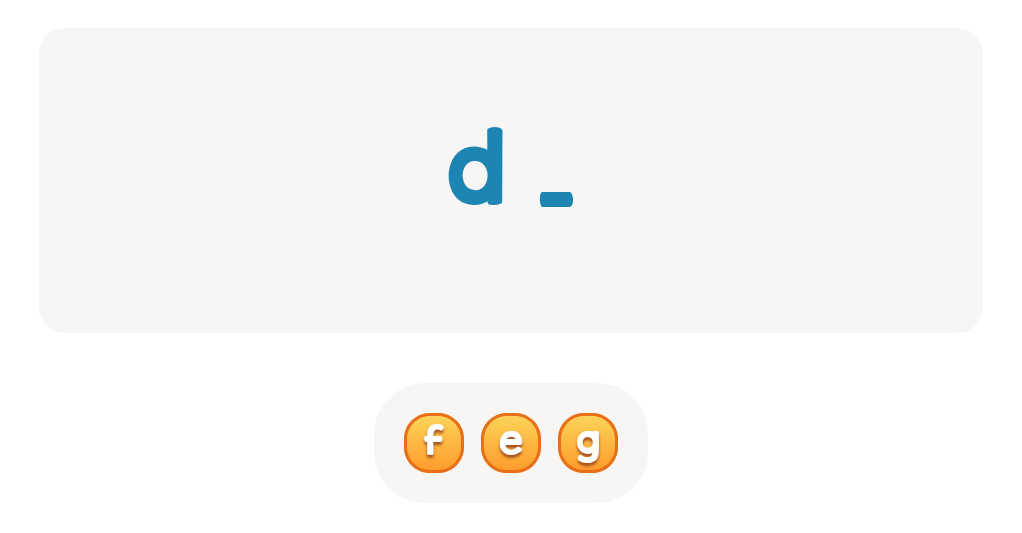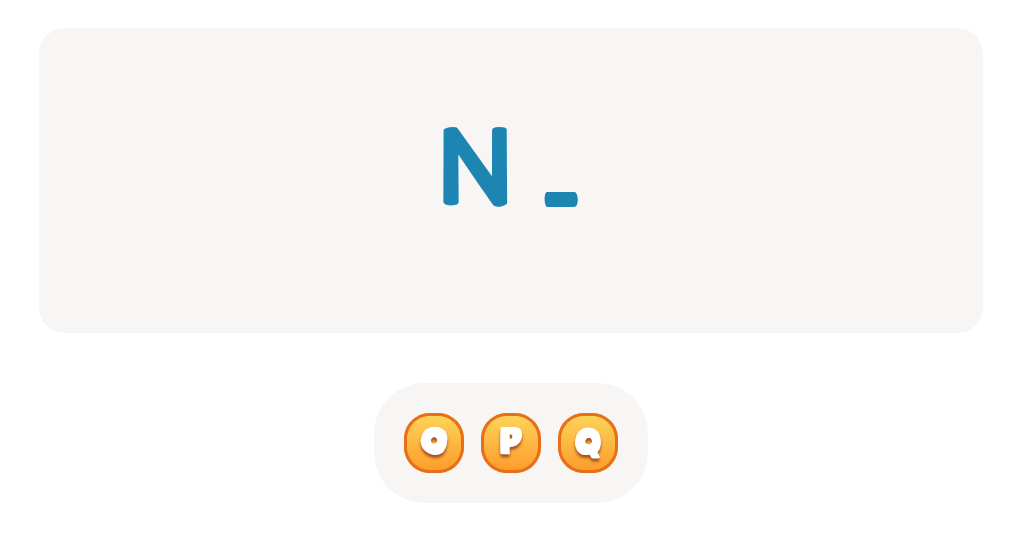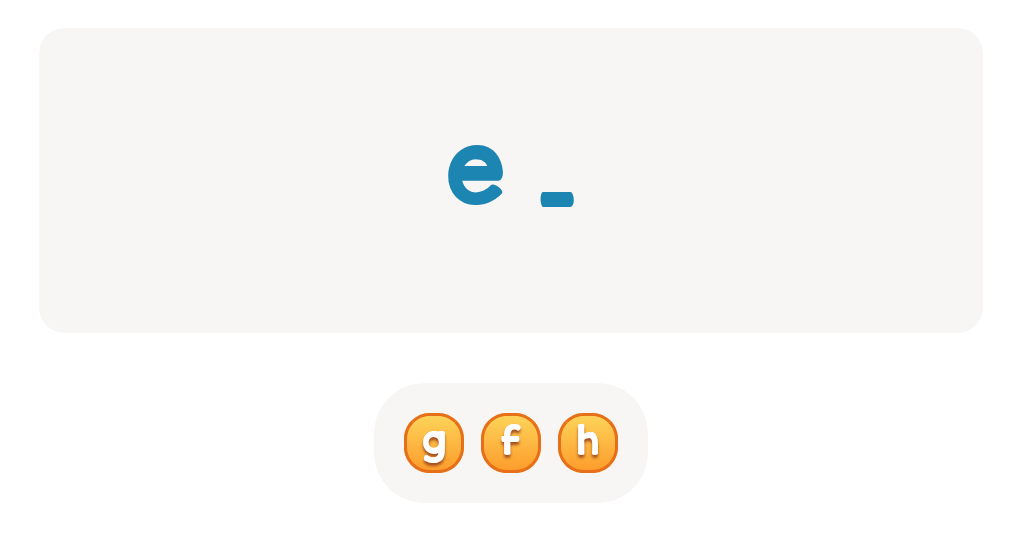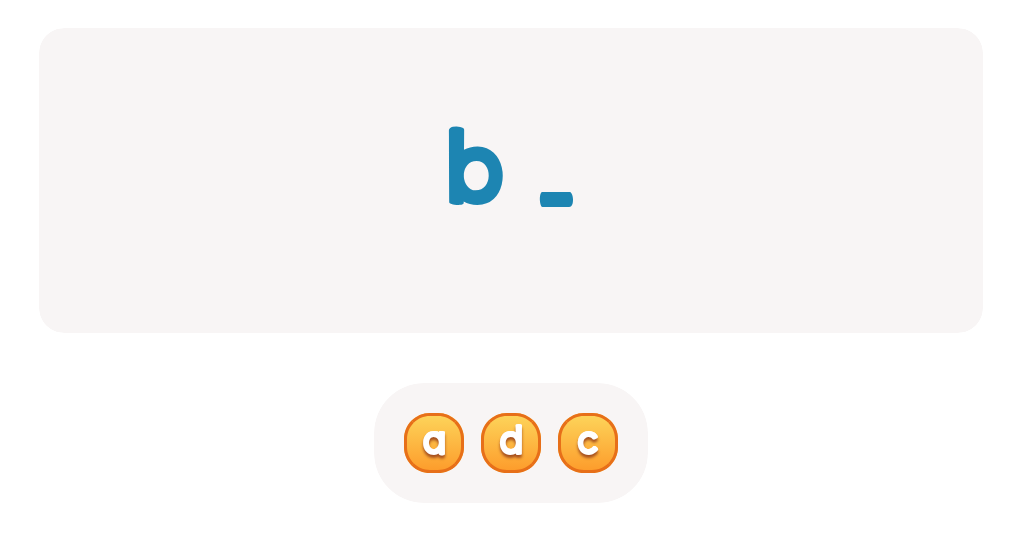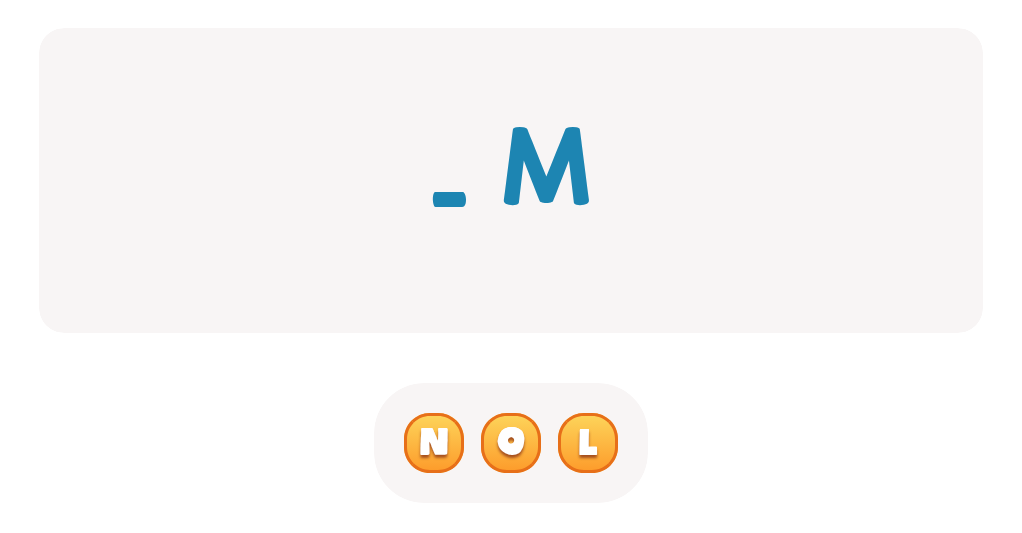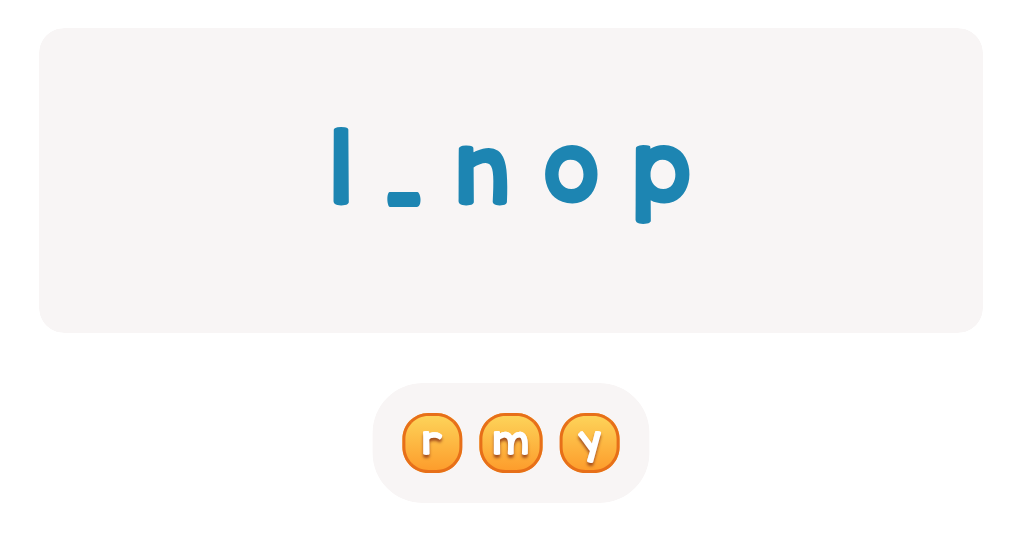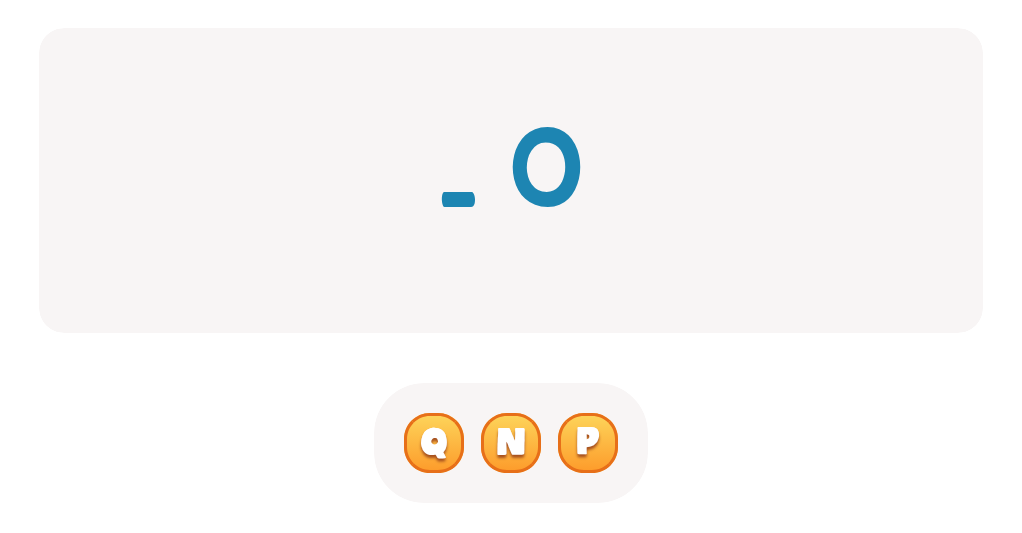Handwriting Skills ABC Letters Worksheets for Ages 5-6
8 filtered results
-
From - To
Discover our Handwriting Skills ABC Letters Worksheets for Ages 5-6, designed to make learning fun and engaging for young children. Each worksheet focuses on developing fine motor skills and letter recognition through a variety of tracing and writing activities. Perfect for both classroom and home use, these printables help kids practice proper letter formation and build confidence in their handwriting abilities. With colorful illustrations and easy-to-follow instructions, our worksheets provide a foundation for lifelong learning. Download now and watch your child master the ABCs with ease and joy!
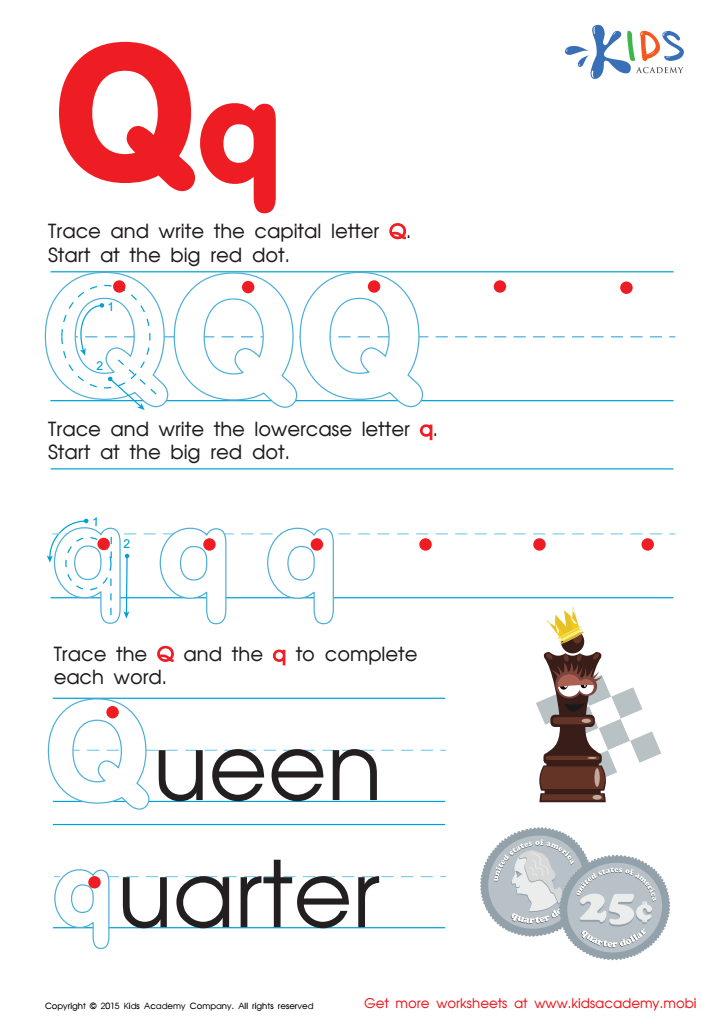

Letter Q Tracing Page
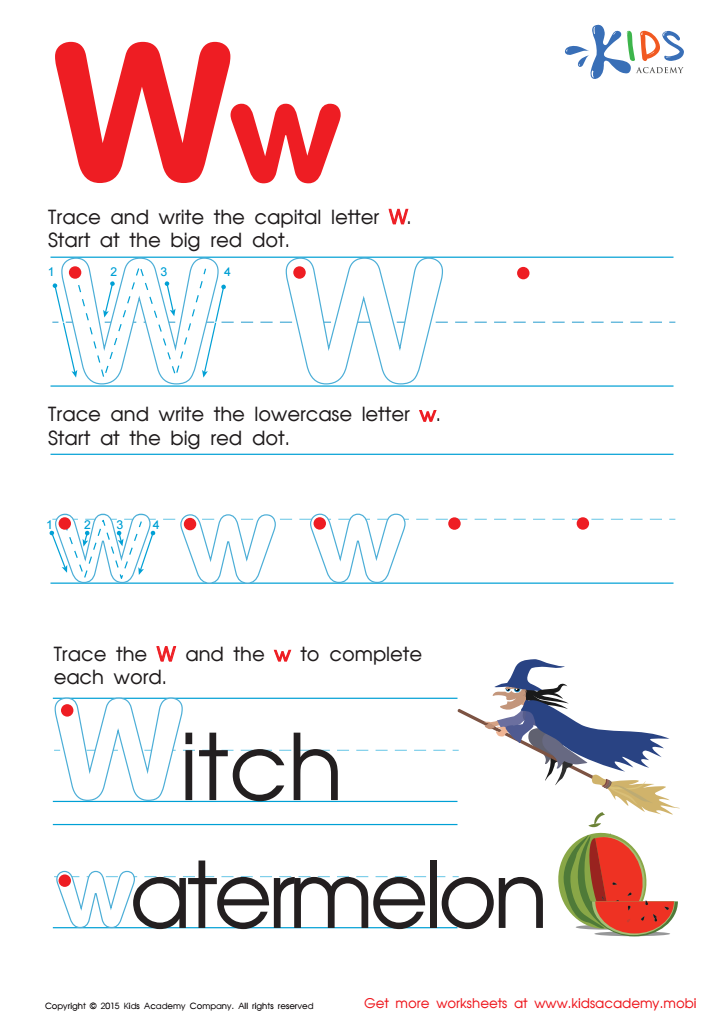

Letter W Tracing Page
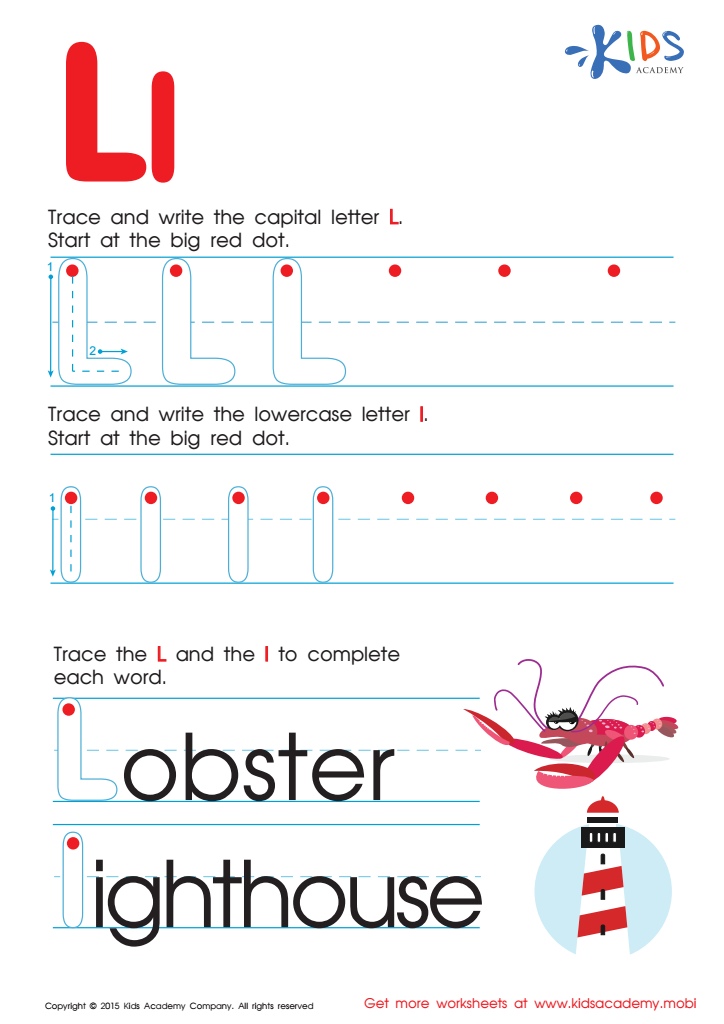

Letter L Tracing Page
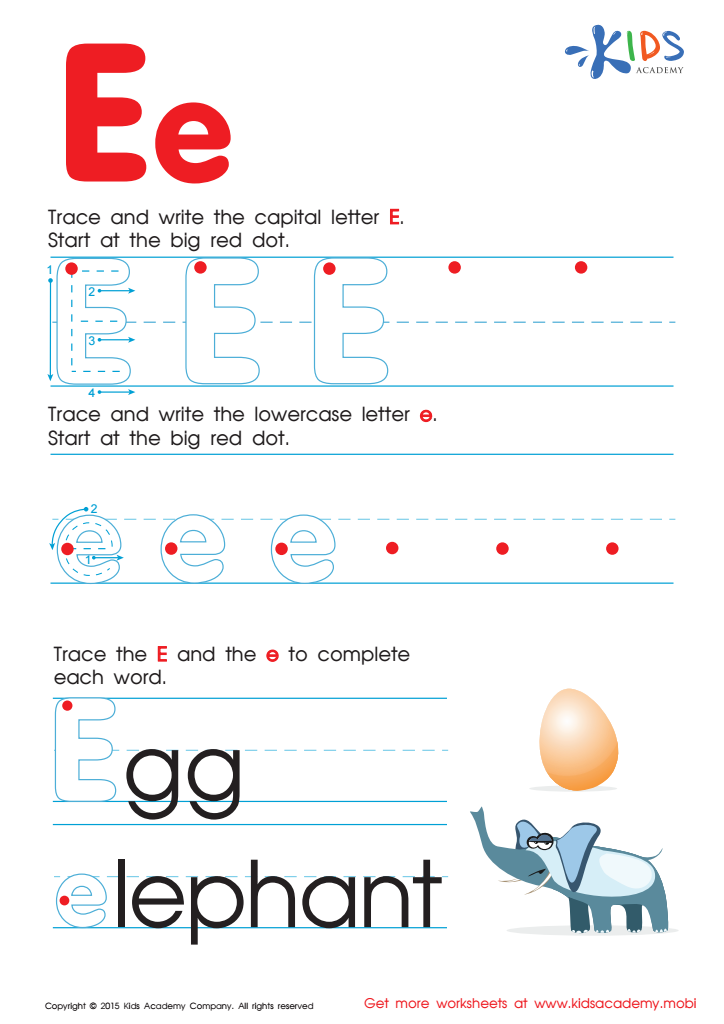

Letter E Tracing Page
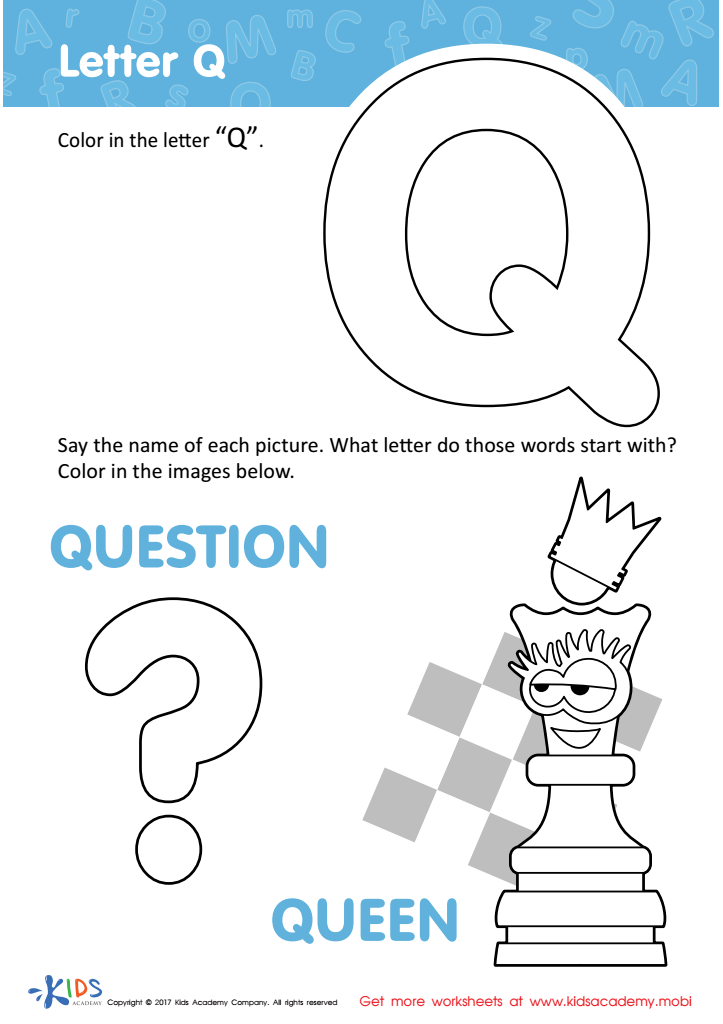

Letter Q Coloring Sheet
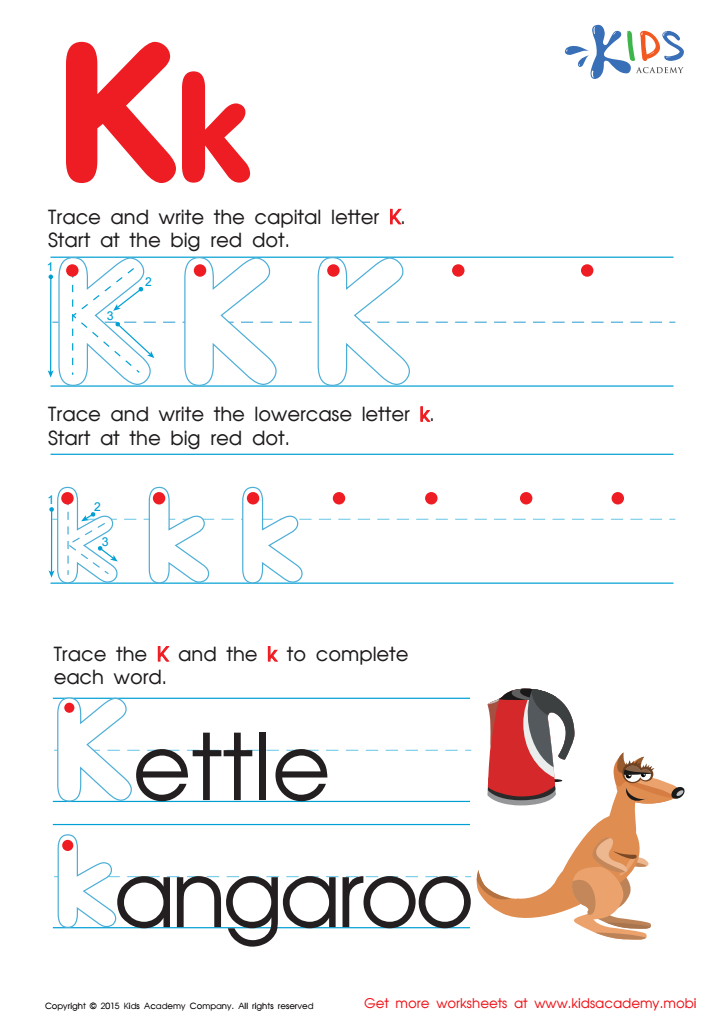

Letter K Tracing Page
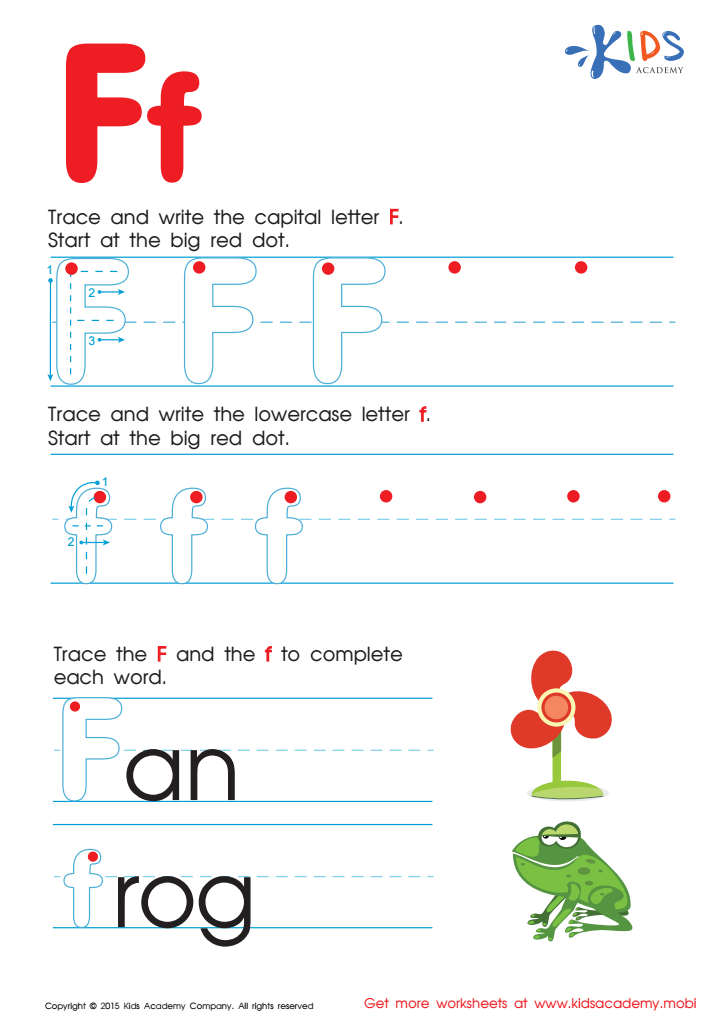

Letter F Tracing Page
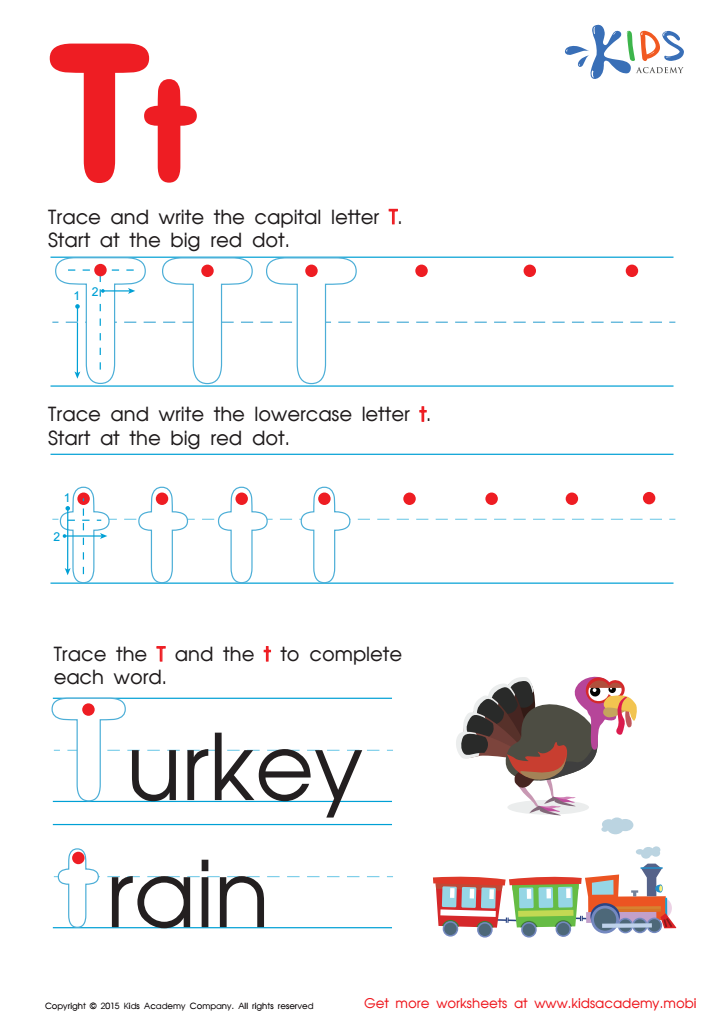

Letter T Tracing Page
Handwriting skills are foundational for children aged 5 to 6 because they significantly impact their academic and personal development. At this age, children are in a critical period of brain development and fine motor coordination. Learning to write ABC letters enhances fine motor skills, hand-eye coordination, and muscle memory, which are essential for later academic tasks.
Proper handwriting instruction also lays the groundwork for literacy. As children practice forming letters, they learn to recognize them, understand their sounds, and associate them with words. This process is a key milestone in reading readiness, which is directly linked to academic success.
Furthermore, handwriting practice fosters cognitive development. When children write, they engage in activities that enhance their attention span, sequencing, and memory skills. These cognitive abilities are transferable and beneficial in various aspects of learning and life.
Socially and emotionally, mastering handwriting can boost a child’s self-confidence. As they gain proficiency, kids often feel a sense of accomplishment and pride, which encourages them to engage more in learning activities.
Therefore, both parents and teachers should care deeply about nurturing handwriting skills in young children. These skills are not just about penmanship; they are integral to comprehensive developmental progress, aligning with educational and personal growth goals.

 Assign to My Students
Assign to My Students
